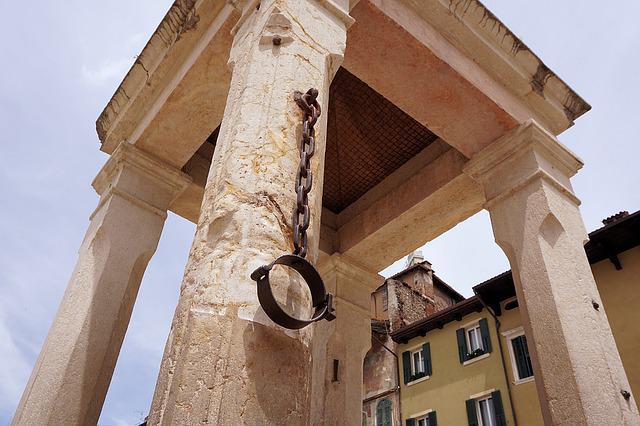
Someone inquisitive tries to investigate something insistently.
Inquisitive is a term that comes from the Latin inquisitivus and refers to that belonging to or related to investigation or inquiry . It should be noted that the verb inquire is linked to examining, finding out or carefully investigating something.
For example: “The court was inquisitive with the victim, which aroused criticism from the defense lawyers,” “I suggest you tell your father the truth: last night he was inquisitive with me and I don't like having to lie,” “Some Journalists are inquisitive with athletes but not firm with politicians,” “I will not tolerate someone I barely know trying to become inquisitive with me.”
Perseverance to access certain information
Someone who is inquisitive, therefore, is one who persistently and diligently inquires into things, with the intention of accessing certain information . The inquisition , understood as the action and effect of inquiring, is usually associated with a dialogue where someone seeks the other to provide certain data. In this way, a judge , a prosecutor or a journalist can be inquisitive.
In a more informal context, a parent may become inquisitive with their child when they want to find out what the child did and how the child behaved. A business owner, on the other hand, may act inquisitively toward his employees if he suspects that someone is stealing from him.
In the field of law , the inquisitorial principle is a legal principle characteristic of historical procedural law, in which the court or judge took an active part in the process, adding their allegations to the case in which they had to issue a ruling.

The Inquisitive Criminal Process could lead to punishments of great cruelty.
The Inquisitive Criminal Process
Also called the Inquisitorial Process, the Inquisitorial Criminal Process was used by the Spanish Inquisition from its conception until its last days, although not exclusively, since almost all of the criminal courts of the European kingdoms existing between the 13th and 18th centuries used it.
The fact that such an unjust and violent criminal process has been widely used centuries ago shows us that the Inquisition was not the exception, but was largely based on the atrocious principles that a large part of the society of its time took as a basis. to maintain order . In other words, ordinary law had the same way of persecuting murderers, traitors and thieves as the Inquisition did, bigamists, heretics and blasphemers.
Some features
* It was a summary procedure independent of the Ordinary Civil and Criminal (it should not pay attention to any type of formalism);
* the figure of the judge (called inquisitor ) was occupied by a public official whose recusal could not be requested, since he was in a step of the hierarchy that was untouchable ;
* The judge was in charge of directing the inquisitorial process in its entirety and made use of his unquestionable powers to carry out the investigation of the case, the analysis and evaluation of the evidence, as he deemed appropriate on each occasion. His role, far from what we currently understand as a judge , encompassed the roles of most of the components of a normal judicial process, starting with the police force and reaching the jury;
* The Inquisitorial Process could begin without the need for the existence of an accusation or complaint. It was enough for the inquisitor to suspect a case of heresy, for example, for him to begin an investigation;
* unlike a current trial, which aims to resolve cases by accepting all possible results, the Inquisitive Process pursued the admission of guilt, the confession that would allow the cruel punishments that characterized the Inquisition to be carried out.
